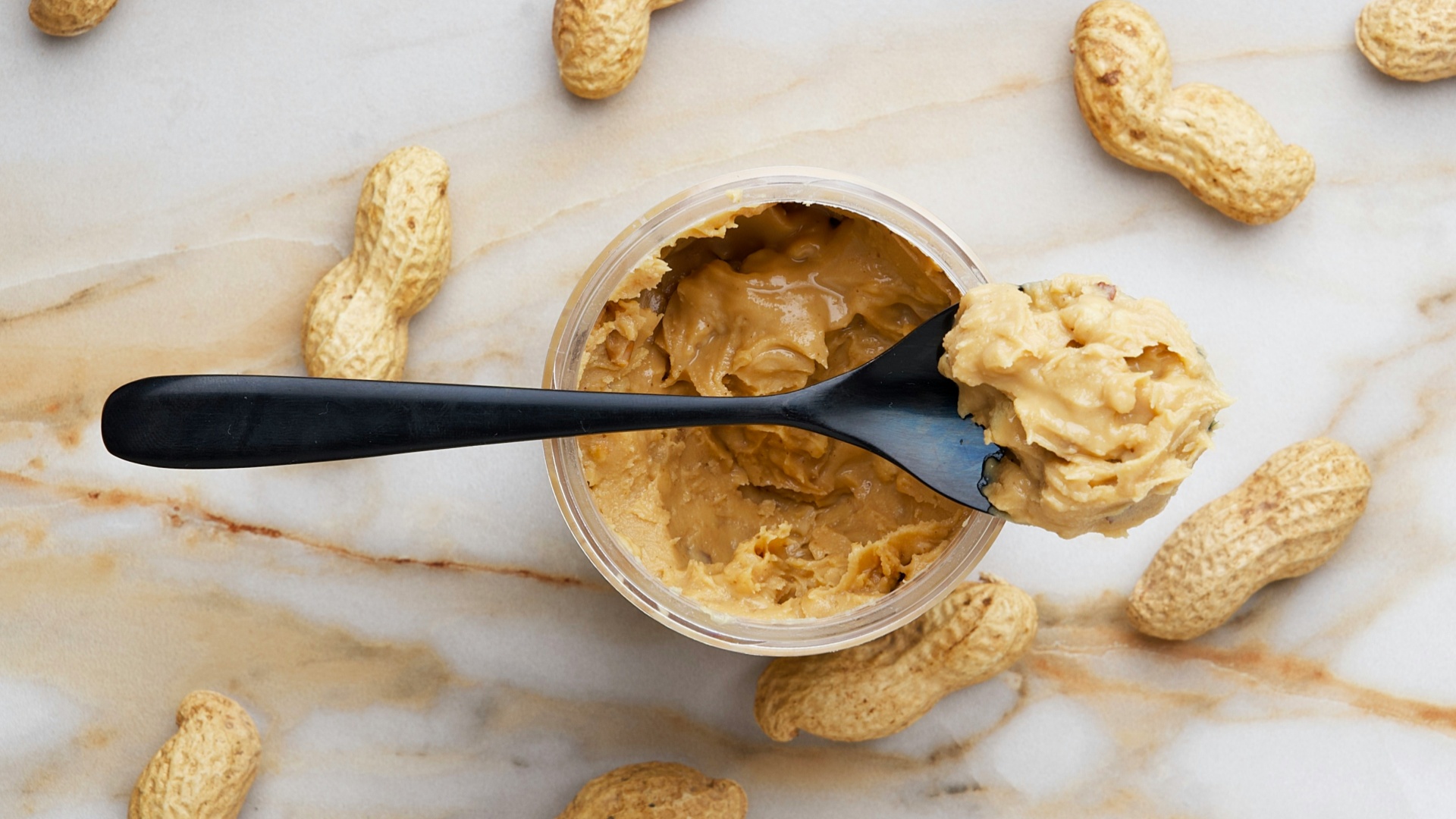- Following Pick n Pay’s recall of selected brands of peanut butter, the National Consumer Commission (NCC) has added more to the list.
- As many as seven different types of peanut butter are not safe for consumption at the moment.
- The peanut butter in question were found to have higher than legally acceptable levels of Aflatoxin.
Last week Pick n Pay alerted its customers regarding three specific brands of peanut butter that should be returned to the retailer, after it was discovered that they could be potentially toxic for those who purchased them.
Now the National Consumer Commission (NCC) has weighed in on the matter, adding to Pick n Pay’s three, four more types of peanut butter that are not safe to consume.
According to Acting Commissioner of the NCC, Thezi Mabuza, the issues stem from manufacturer House of Natural Butters, which too is urging South Africans to return peanut butter made at its facility back to the retailer it was purchased from.
The reason for the recall stems from higher than legally acceptable levels of Aflatoxin, which is produced by certain types of mold. Now peanut butter from more retailers are being added to the list, with seven different types now being identified by our count.
“Aflatoxin may lead to health complications not limited to nausea, vomiting and abdominal pain. We, therefore, urge South African consumers, who have the recalled products, to immediately stop consuming these products and return the products to the point of purchase for a full refund, with or without proof of purchase,” Mabuza highlighted in a statement.
Before you make that sandwich, the peanut butter types being recalled are:
- Dischem’s Lifestyle 400 grams Smooth and Crunchy,
- Dischem’s Lifestyle 800 grams Smooth and Crunchy,
- Wazoogles Superfoods (all sizes starting from 32g to 20kg),
- Pick n Pay’s No Name 1kg Smooth,
- Eden All Natural.
“Pick n Pay, Eden All Natural, and Dischem’s Lifestyle brands were distributed nationally, while Wazoogles Superfoods products were distributed mainly in the Western Cape,” Mabuza explained.
“The Commission urges the manufacturers, distributors and suppliers of peanut butter to comply with regulations and conduct urgent tests to assess the safety of the products on their shelves and take immediate corrective steps, if found to be unsafe,” the acting commissioner added.
If you are in possession of any above the above brands, you can return it to the retailer you purchased it from and received a full refund whether you have a proof of purchase or not, Mabuza concluded.
[Image – Photo by Corleto Peanut butter on Unsplash]

